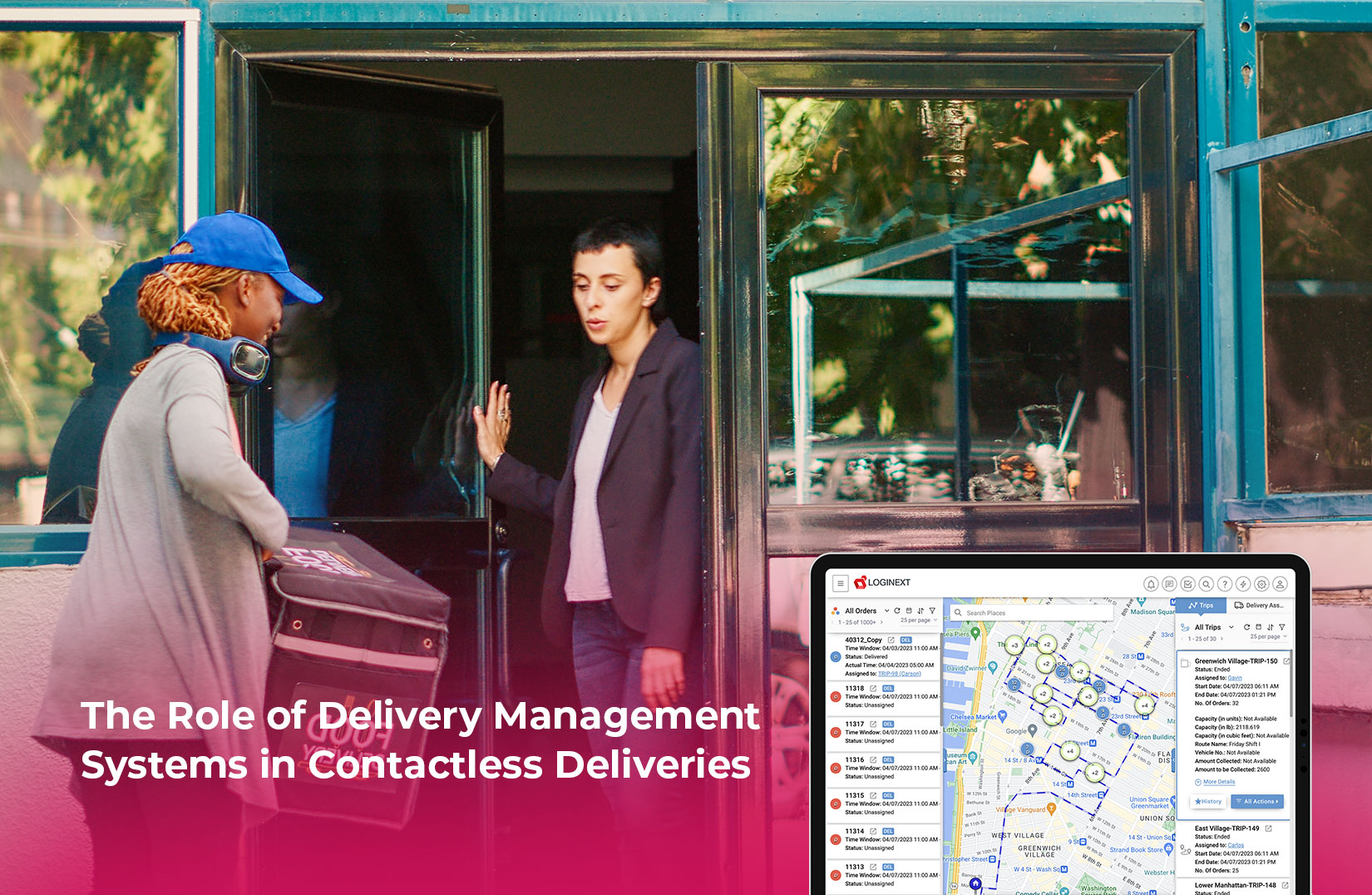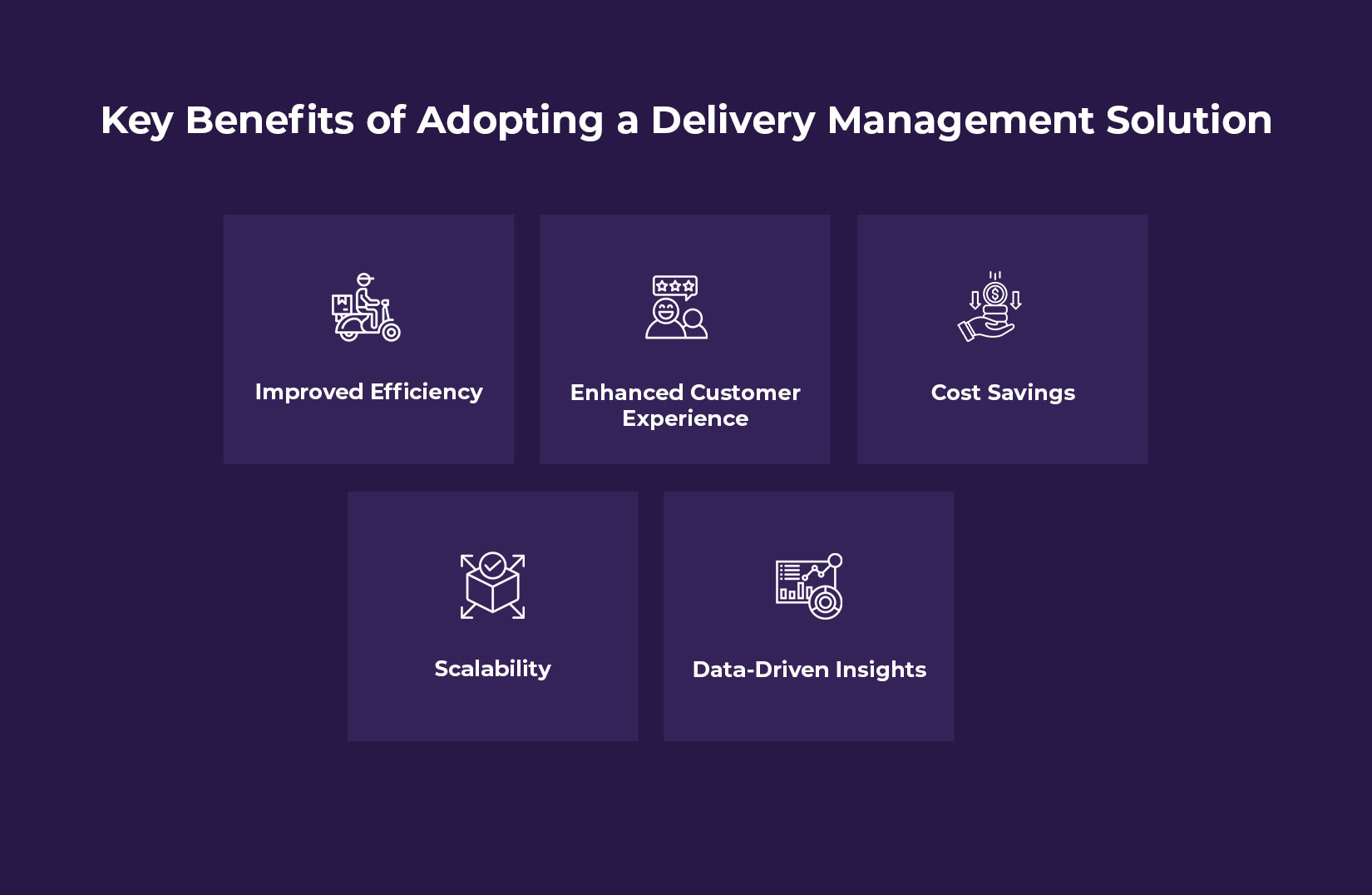
The Rise of Contactless Deliveries: How DMS Are Adapting in 2025
The logistics industry has experienced a significant transformation in recent years. With the rapid growth of e-commerce and changing consumer expectations, contactless deliveries have become a standard practice worldwide. In 2025, the focus on seamless, safe, and efficient delivery processes continues to push businesses toward adopting advanced delivery management system (DMS). These systems are essential in handling the complexities of modern logistics and ensuring customer satisfaction in a post-pandemic era.
The Evolution of Contactless Deliveries
Contactless deliveries gained momentum during the COVID-19 pandemic when social distancing measures became necessary. While these practices were initially seen as temporary, they have now become a permanent feature of the logistics landscape. Consumers expect convenience, safety, and speed, making it crucial for businesses to embrace delivery management solutions that meet these demands.
The Role of Delivery Management Systems in Contactless Deliveries

A delivery management system (DMS) is a digital solution designed to streamline the entire delivery process. It allows businesses to manage orders, optimize routes, track deliveries in real-time and enhance communication between drivers and customers. In 2025, DMS platforms are evolving to meet the specific requirements of contactless deliveries, ensuring efficiency and security.
One of the key features of a modern delivery management solution is its ability to provide real-time tracking. Customers appreciate transparency and having the ability to the package fosters. DMS also offers contactless proof of delivery, such as photo verification or digital signatures , eliminating the need for physical contact.
Adapting to Customer Expectations
Customers now expect faster and more reliable delivery options. A robust delivery management system helps businesses meet these expectations by enabling same-day and scheduled deliveries. The best delivery management systems also allow companies to manage peak periods efficiently, ensuring timely deliveries even during high-demand seasons.
Moreover, DMS solutions enhance customer experience by offering personalized notifications, such as estimated delivery times and updates on delays. These features are crucial in retaining customer loyalty in a highly competitive market.
Advanced Technologies Driving DMS Innovations
In 2025, delivery management software is leveraging advanced technologies to improve operations further. Artificial intelligence (AI) and machine learning (ML) are used to optimize routes, predict delivery times, and reduce operational costs. AI-powered DMS platforms can analyze traffic patterns, weather conditions, and other variables to determine the most efficient routes.
Additionally, the Internet of Things (IoT) is playing a significant role in contactless deliveries. Smart devices installed in delivery vehicles provide real-time data on vehicle performance, ensuring smooth operations and reducing delays.
Another critical innovation is the use of autonomous vehicles and drone for last mile deliveries. While still in the early stages, they are expected to become more prevalent. As they advance, they will further reduce the need for human interaction during the delivery process.
Enhancing Security and Compliance
Contactless deliveries also come with unique challenges, particularly in terms of security. Delivery management solutions address these concerns by providing secure verification methods. For instance, some systems use one-time passcodes or biometric authentication to ensure that packages are delivered to the right recipient.
Furthermore, a comprehensive delivery management platform ensures compliance with regulations related to data privacy and customer information security. This is especially important as consumers become more conscious of how their data is handled.
Key Benefits of Adopting a Delivery Management System

Businesses that invest in the best delivery management systems can enjoy several benefits:
1. Improved Efficiency:
Automating tasks such as route optimization and order management reduces manual errors and saves time. By streamlining workflows, companies can handle more deliveries in less time, improving overall productivity. This efficiency is essential, especially during peak demand periods when delivery volumes surge.
2. Enhanced Customer Experience:
Providing real-time tracking and personalized notifications significantly improves customer satisfaction. Customers appreciate transparency regarding their package’s status and estimated arrival time. Furthermore, contactless proof of delivery options, such as photo verification, offer added convenience and safety.
3. Cost Savings:
Efficient route planning and reduced fuel consumption translate to lower operational costs. A delivery management system helps drivers avoid traffic congestion, plan shorter routes, and reduce unnecessary mileage, which also contributes to sustainability efforts.
4. Scalability:
Delivery management platforms can handle increasing order volumes with ease. As businesses grow and expand their delivery operations, a scalable system keeps logistics processes efficient and organized. This helps prevent delays or service disruptions.
5. Data-Driven Insights:
Advanced analytics provide valuable insights into delivery performance, helping businesses make informed decisions. These insights include delivery times, customer feedback, and operational bottlenecks, enabling companies to continuously improve their logistics processes and enhance overall service quality.
The Future of Contactless Deliveries
As we move further into 2025, contactless deliveries will continue to evolve and shape the logistics industry. Businesses are increasingly integrating AI, IoT, and autonomous vehicles into their delivery management systems to improve efficiency. These technologies also reduce the need for human interaction in the delivery process. These technologies are not only improving route optimization and reducing delivery times but also enhancing security measures and customer experience.
Sustainability is also expected to be a major focus. Many DMS platforms now offer eco-friendly features, including electric vehicle support and carbon footprint tracking. As environmental regulations tighten, businesses will need to adopt greener delivery practices to remain compliant and meet customer expectations.
As technology advances, businesses that invest in comprehensive delivery management solutions will be better equipped to meet evolving customer demands. This approach also enhances operational efficiency and helps maintain a competitive edge in a rapidly changing market.
Also Read: The Importance Of Delivery Management Software In Modern Logistics For Timely Delivery
Conclusion
The rise of contactless deliveries has reshaped the logistics landscape, making delivery management systems more critical than ever. In 2025, businesses embrace the best delivery management system to ensure efficient, secure and customer-centric operations. By investing in advanced DMS, companies can stay ahead of the curve and meet the ever-changing demands of modern consumers.
With delivery management software continuously evolving, the future of logistics looks promising. From AI-powered route optimization to autonomous last mile solutions, the possibilities are endless. Companies that adapt to these innovations will improve their operations and enhance the overall customer experience. This will help them achieve long-term success in a competitive market. To innovate and adopt the best DMS in the market, book a demo with LogiNext Solutions today.
49







@LogiNext